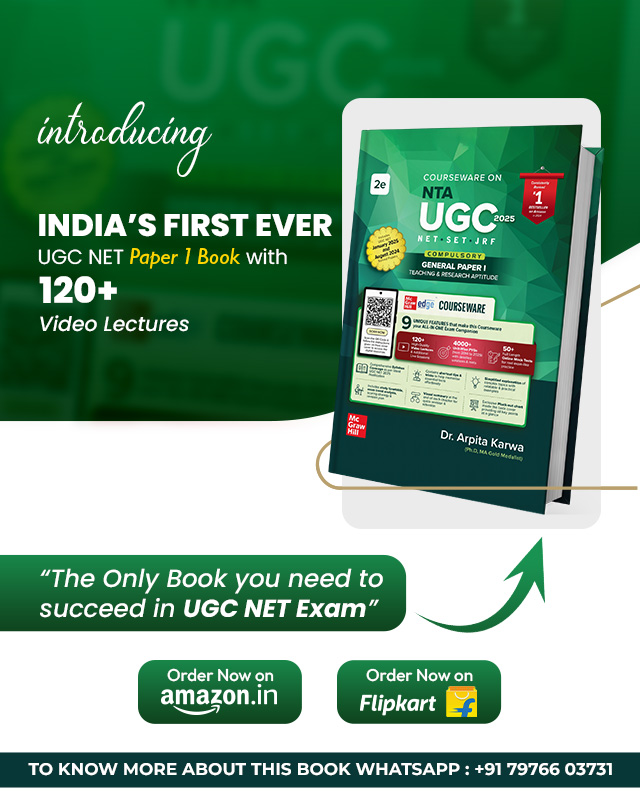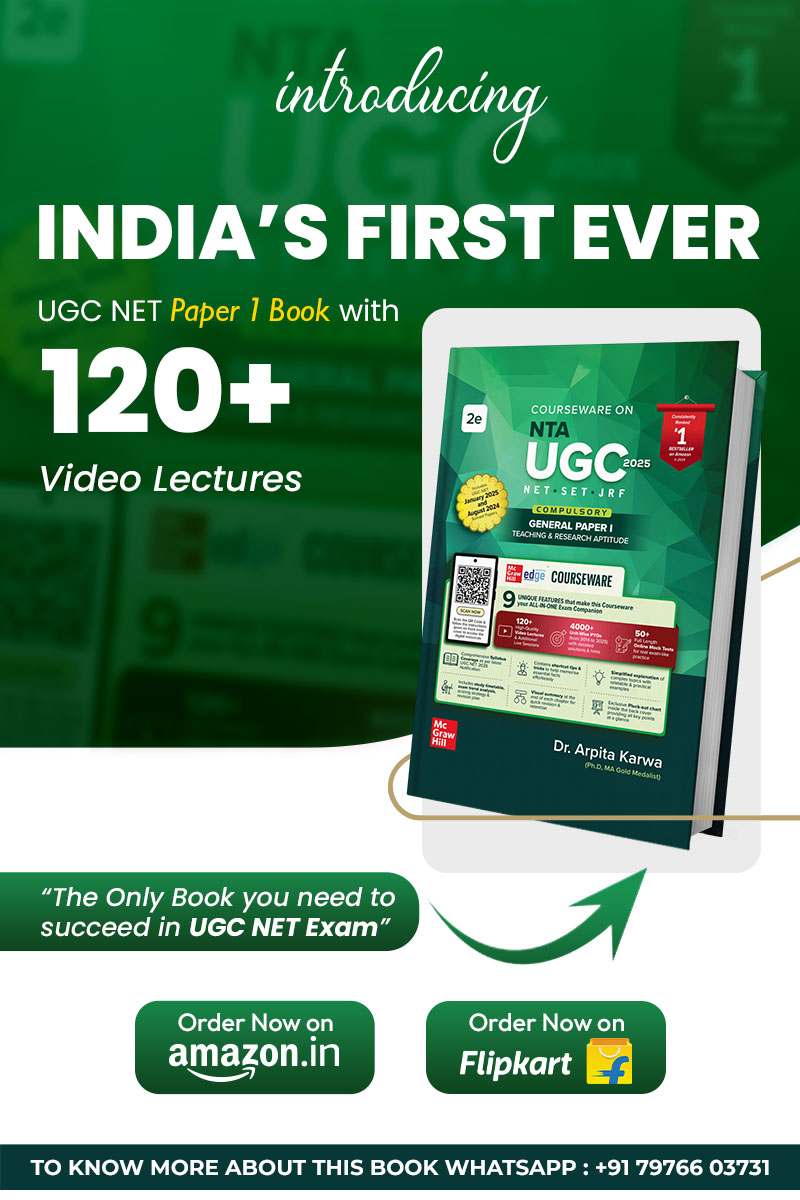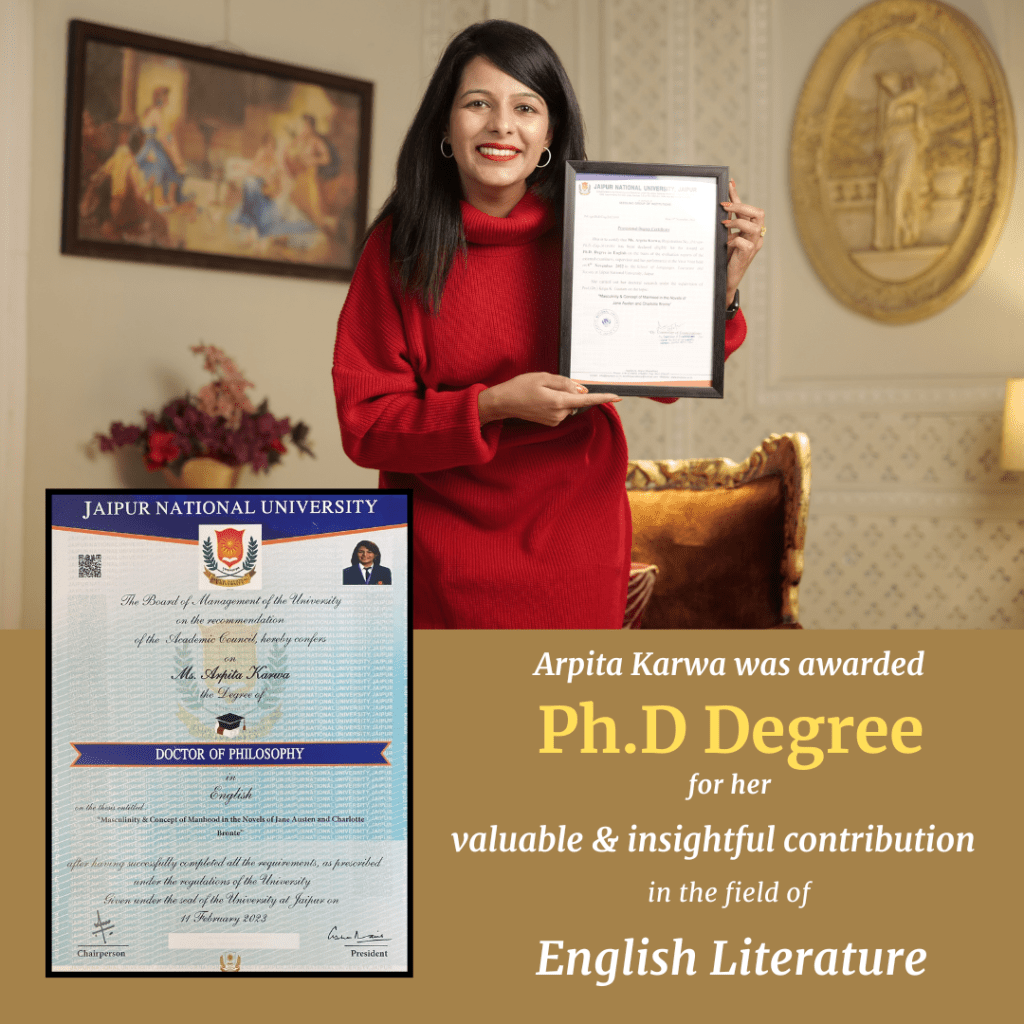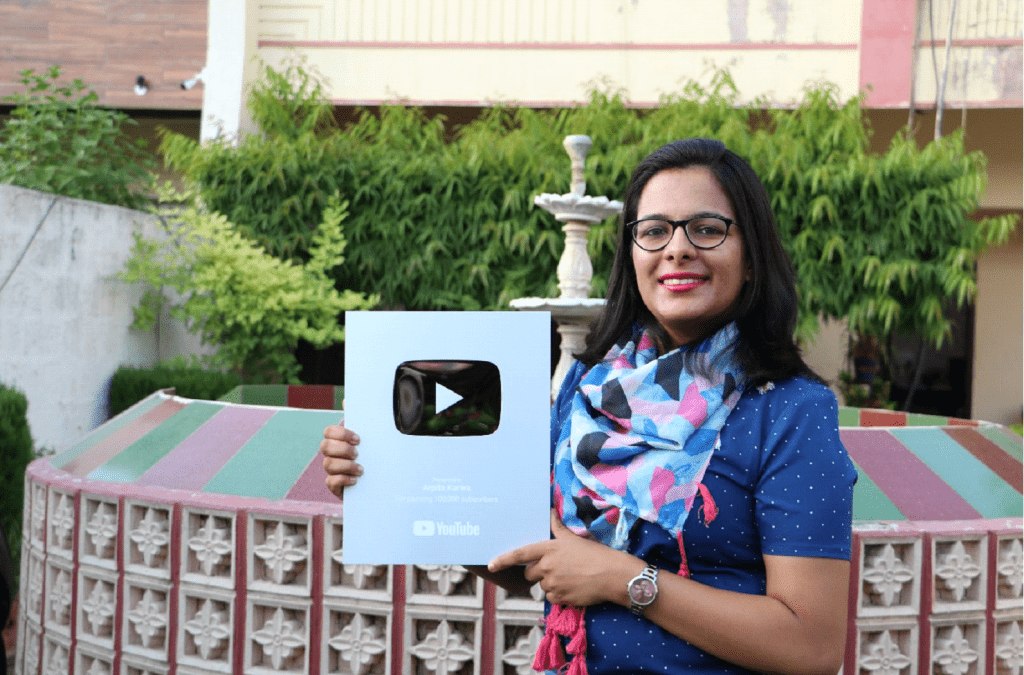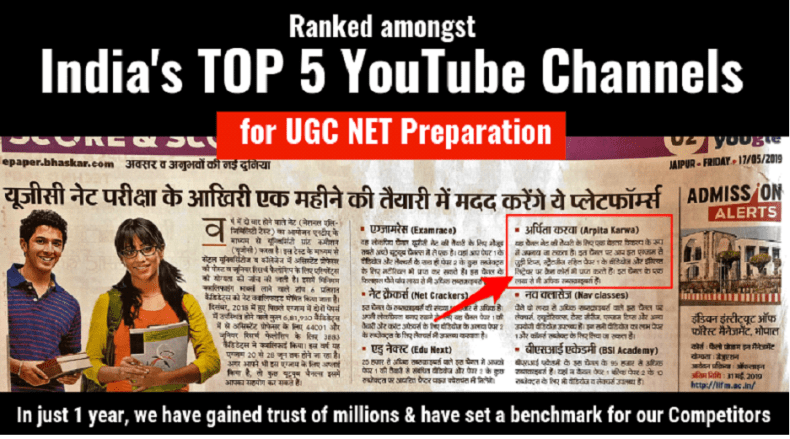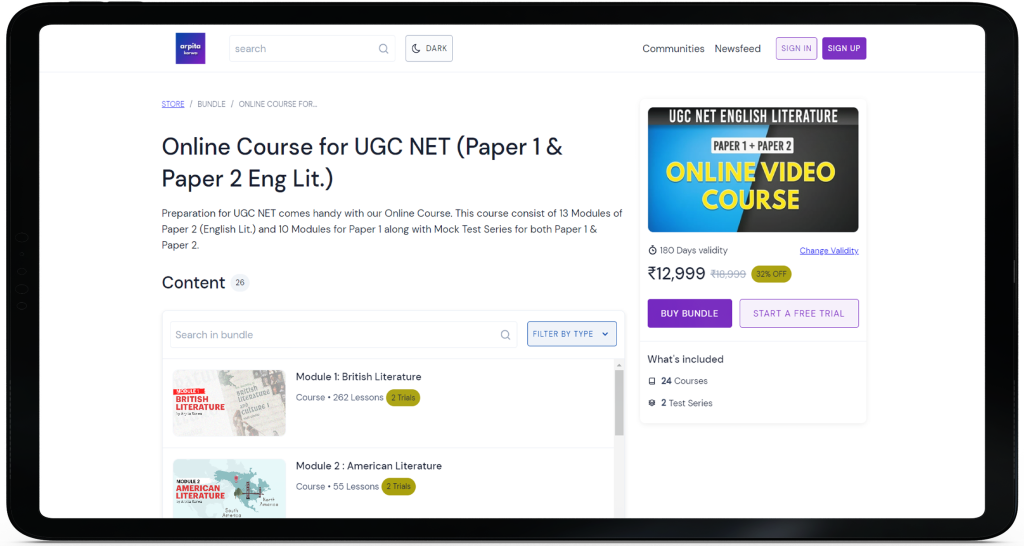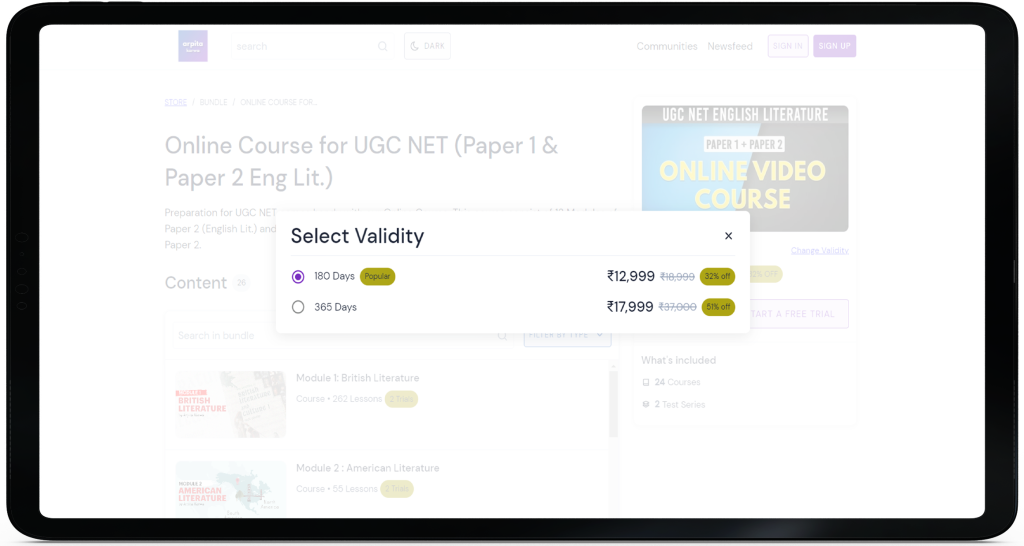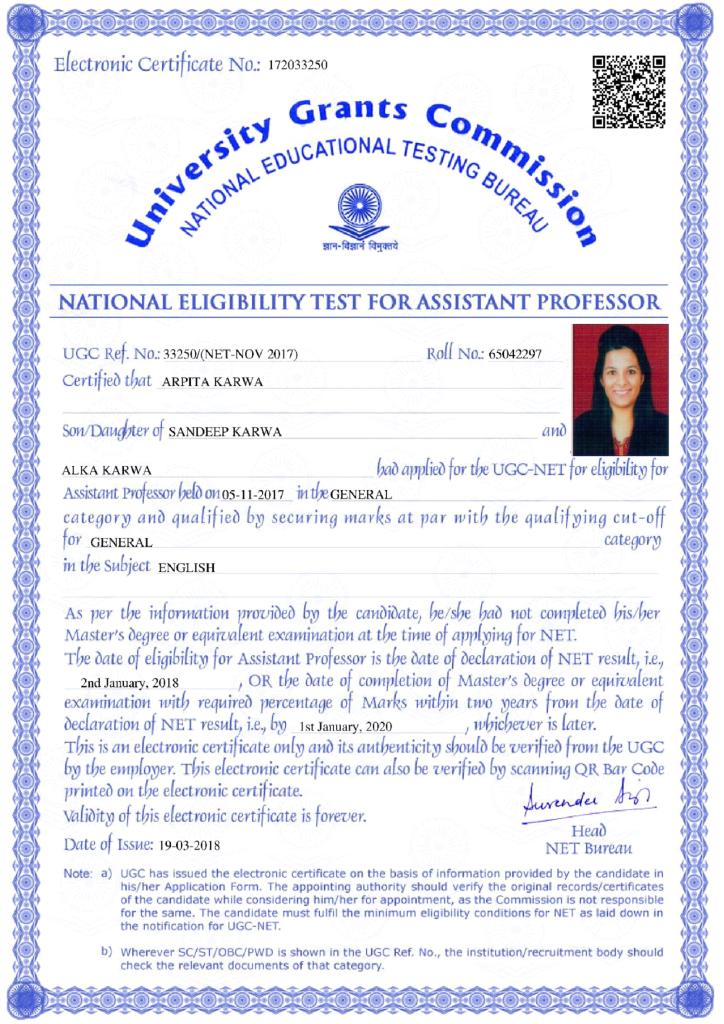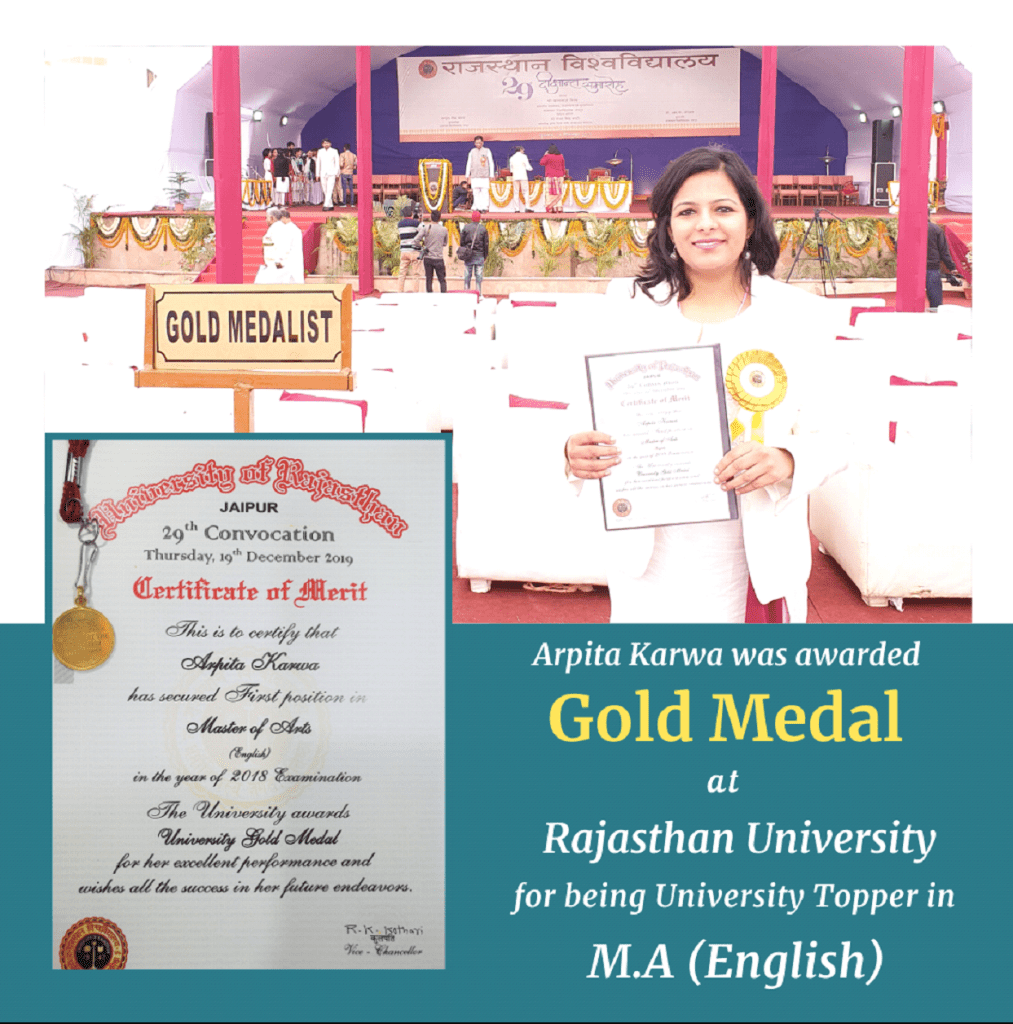UPSC English Paper 2 2022
June 19, 2023 2023-12-05 19:49UPSC English Paper 2 2022
2022 UPSC English Paper-2
ENGLISH
Paper – II
(LITERATURE)
Questions Paper Specific Instructions
Please read each of the following instructions carefully before attempting questions:
• There are EIGHT questions divided in Two Sections.
• Candidate has to attempt FIVE questions in all
• Questions no. 1 and 5 are compulsory and out of the remaining, any THREE are to be attempted choosing at least ONE question from each Section.
• The number of marks carried by a question/part is indicated against it.
• Answers must be written in ENGLISH
• Word limit in questions, wherever specified, should be adhered to.
• Attempts of questions shall be counted in sequential order. Unless struck off, attempt of a question shall be counted even if attempted partly. Any page or portion of the page left blank in the Question-cum-Answer Booklet must be clearly struck off.
SECTION ‘A’
Q.1) Write short notes on the following. Each question should be answered in about 150 words.
(a) The flowering of Renaissance values in Elizabethan theatre.
(b) The moral dilemmas of the Victorian age.
(c) The ideological preoccupations of the Romantic movement.
(d) Factors that contributed to the rise of the English novel as a genre.
(e) Imagery in Metaphysical Poetry.
Q.2) Answer all of the following:
(a) Critically analyse the discourse of colonialism in The Tempest.
(b) Discuss the conflict of revolutionary politics in Paradise Lost as delineated in the books prescribed for study.
(c) Explicate on the use of irony, epigrams, anti-climax, parody, and allusion, alongside the vivid pictures of courtly life depicted in The Rape of the Lock.
Q.3) Answer all of the following:
(a) John Donne reinvented love by rescuing it from its social and feudal moorings, to place it in the realms of the private and the modern. Discuss.
(b) What is the role of hamartia in the tragedy of King Lear?
(c) Wordsworth constitutes a sublimity out of his own overbearing subjectivity. Discuss with reference to the poems prescribed for study.
Q.4) Answer all of the following:
(a) Attempt a gendered critique of A Doll’s House.
(b) “In Memorium” is a dramatization of sorrow. Discuss.
(c) Critically assess Milton’s Satan as one of the most dynamic and complicated characters in literature.
SECTION ‘B’
Q.5) Study the following poem and answer all the questions which follow:
To gaze at a river made of time and water
And remember Time is another river.
To know we stray like a river
and our faces vanish like water.
To feel that waking is another dream
that dreams of not dreaming and that the death
we fear in our bones is the death
that every night we call a dream.
To see in every day and year a symbol
of all the days of man and his years,
and convert the outrage of the years
into a music, a sound, and a symbol.
To see in death a dream, in the sunset
a golden sadness, such is poetry,
humble and immortal, poetry,
returning, like dawn and the sunset.
Sometimes at evening there’s a face
that sees us from the deeps of a mirror.
Art must be that sort of mirror,
disclosing to each of us his face.
They say Ulysses, wearied of wonders,
wept with love on seeing Ithaca,
humble and green. Art is that Ithaca,
a green eternity, not wonders.
Art is endless like a river flowing.
passing, yet remaining, a mirror to the same
inconstant Heraclitus, who is the same
and yet another like the river flowing.
(a) Recurrent motifs and persistent images in this poem reveal a central theme. What is it?
(b) How does the poet play with the paradox of transience and eternity?
(c) What is the function of art foregrounded by the poem?
(d) What does the river signify?
(e) Comment on the poetic diction and style that makes the poem so singular in its appeal.
Q.6) Answer all of the following:
(a) Attempt an exposition of the character of Tom Jones.
(b) Analyse the philosophical and political background of Gulliver’s Travels.
(c) Examine the late eighteenth century English class system as revealed in Pride and Prejudice.
Q.7) Answer all of the following:
(a) Consider The Mill on the Floss as a subversion of the traditional bildungsroman.
(b) Hard Times lingers around questions of Utilitarianism, education and industrialization in the Victorian era. Discuss with illustrations from the novel.
(c) Elaborate upon the conflicting moral values and confusions of a changing society in Tess of the D’Urbervilles.
Q.8) Answer all of the following:
(a) The Adventures of Huckleberry Finn is not about the American Dream but its paradoxes. Illustrate.
(b) How does Pride and Prejudice satirise women’s education, employment and marital status during the time of Jane Austen?
(c) Jonathan Swift pitches Lemuel Gulliver as an unreliable narrator. Discuss with examples from Gulliver’s Travels.






